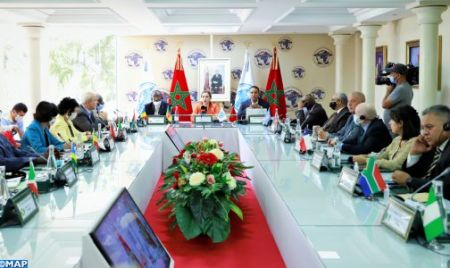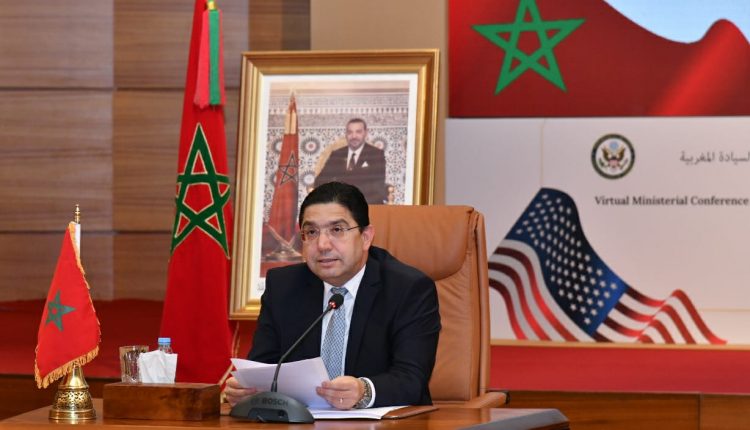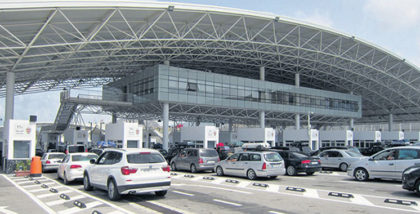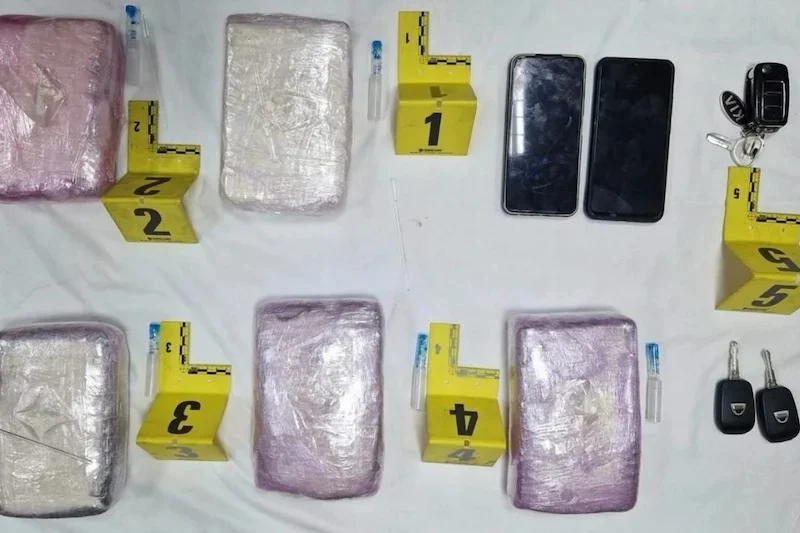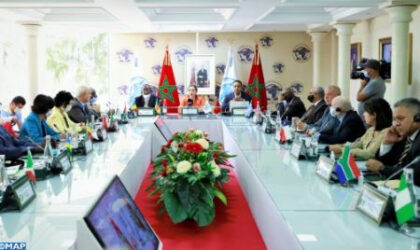 The Moroccan Association for Victims’ Rights (AMDV) held a meeting Wednesday in Rabat with members of the diplomatic corps accredited to the Kingdom during which it surveyed the actions it takes in defense of victims of sexual assault, by providing them with judicial, psychological and moral support.
The Moroccan Association for Victims’ Rights (AMDV) held a meeting Wednesday in Rabat with members of the diplomatic corps accredited to the Kingdom during which it surveyed the actions it takes in defense of victims of sexual assault, by providing them with judicial, psychological and moral support.
During this meeting, organized by the Diplomatic Foundation in Rabat, the Association, the first of its kind in Morocco, gave an overview of the reasons behind its creation, as well as the actions carried out by its members to defend victims of sexual assault of both sexes and from different age groups.
The members of the diplomatic corps were also informed how the association helps victims to lodge complaints and launch judicial procedures against their assailants, and how it strives to defend the independence of judiciary by fighting impunity and all forms of politicization of common law cases.
On this occasion, president of the Association Aicha Kelaâ said that this body was created following a debate that lasted more than two years between human rights and civil society activists on the void existing at the legal and social levels in terms of protection of victims of sexual violence.
The association seeks to combat the violation of the victims’ rights and to support them at the judicial level, by offering them psychological and moral support and fighting anything that can undermine their dignity, she said.
According to Aicha Kelaâ, a lawyer at the bar of Casablanca, the AMDV aims to fill the legal void and to plead for updating and adapting the legal system to international conventions on the matter. The association also endeavors to establish drop-in centers for victims to break the taboos on this type of crime, she said.
Kelaâ also said that the association acts strongly against all forms of politicization of judicial files and all attempts to undermine the independence and integrity of the judicial system.
She brought up in this regard the cases of Taoufik Bouachrine, Omar Radi and Souleimane Raissouni prosecuted in cases of common law including rape, indecent assault, and human trafficking, while their defense try to politicize these purely legal cases to encourage impunity and undermine the reputation of the Moroccan state and the achievements made in human rights.
There is also a manipulation by some foreign parties, in an attempt to pressure the judiciary and undermine the rule of law and institutions, she said.
Several other lawyers took the floor to speak about some cases that are before justice, such as the cases lodged by the victims of Bouachrine, Radi and Raissouni, noting that the victims of sexual assault are generally not supported by the entourage, and suffer from the look of society.
Calling to ensure a fair trial to victims of this type of crime, especially when the assailant is a known person or an agent of authority, they underlined that the victims are often the subject of relentless attacks by some parties that try to undermine their dignity.
This meeting, which was attended by 23 ambassadors and chargés d’affaires, was marked by a moving testimony of Sara El Mars, victim in the case of journalist Taoufik Bouachrine, who spoke of her material, psychological and social suffering following her sexual assault.
She expressed her satisfaction with the creation of this association in order to provide the necessary moral support to victims of this kind of aggression.
The Moroccan Association of Victims’ Rights (AMDV) held last April in Rabat, its constituent general assembly under the theme “For a legal and social protection of victims.”
The association aims, according to its statutes, “to support the rights of victims of crimes, in accordance with relevant international conventions and constitutional and national bases, and to defend the rights of children, women and all vulnerable categories”, while working to make the voice of victims heard and to provide them with legal, psychological, health and social support, and to fight impunity, which is an infringement of the rights of victims and flouts the principle of equality of citizens before the law.
